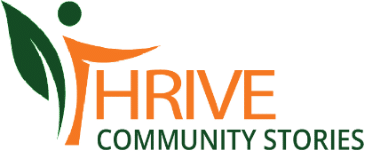At the 2022 National Conference, we thought about how to identify the attributes of inclusive companies. Let’s recap the top 10 things inclusive companies should have:
- Have a centralized accommodations office
- Have staff department dedicated to inclusion and diversity (I&D)
- Offer flexible work arrangements
- Share statistics on the percentage of employees with a disability in their external ESG reporting
- Participate in the Disability Equality Index, have signed on to the CEO letter, and/or are a member of Inclusion Works
- Visibly show support to people with disabilities (via social media postings and other external communications)
- Highlight community outreach efforts (donations, sponsorships, volunteer work) for the disability community
- Have an Employee Resource Network
- Job listings include information on requesting accommodations during the hiring process, and any interview locations are accessible
- Post their job listings on specialized job boards targeting the disability community (such as https://askearn.org/page/job-seekers-resources)
These key things are all good and important. But after you find the right company, there are still things to navigate. As companies focus on becoming more inclusive, we in the limb loss and limb difference community are going to have a few questions to ask ourselves:
- Do I want to accept help from others or not? This is of course a personal question, that may change day to day. But before sharing space with others, that’s an important question to ask yourself. The level of assistance you’re interested in accepting may change as well, but checking in with yourself to determine the answer can ease the stress of the moment. Even if it’s arbitrary, deciding you will accept help on Tuesday can free your mind and emotions to focus on other things.
- Do I want to be a help to others? There is a good chance you will be the only person in the room who has a primary experience as one with limb loss or limb difference – or even disability generally. Are you prepared to share the expertise you’ve gained through lived experience; to speak up about what’s acceptable and what true inclusion can look that?
- Are you prepared to answer questions? This is similar to the prior question but is a far more direct question to ask yourself. There will be questions about your particular situation, and you have to decide how much you need to share vs. how much you want to share.

